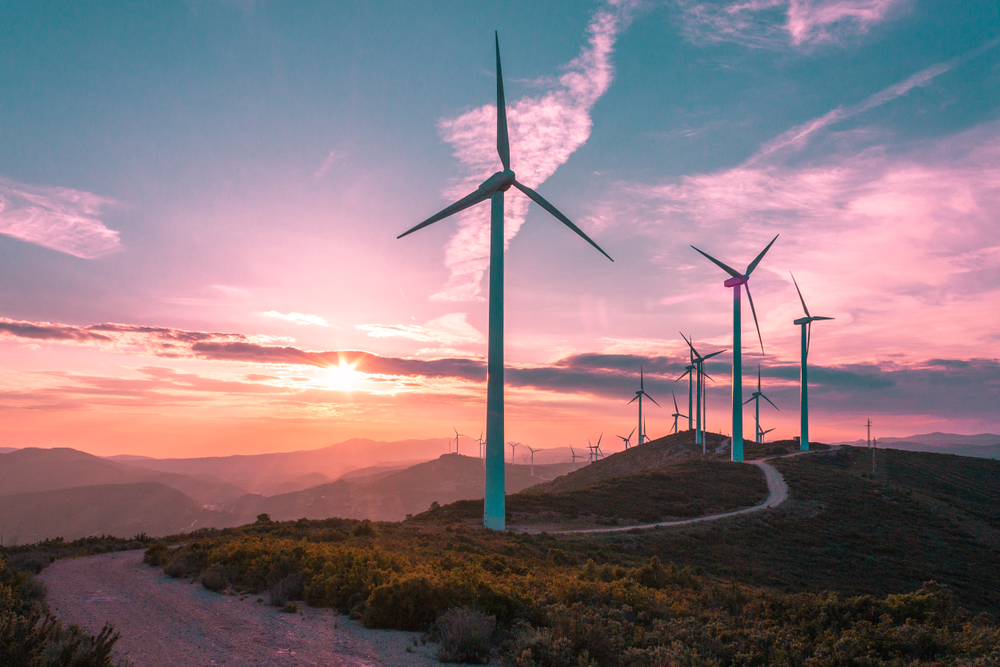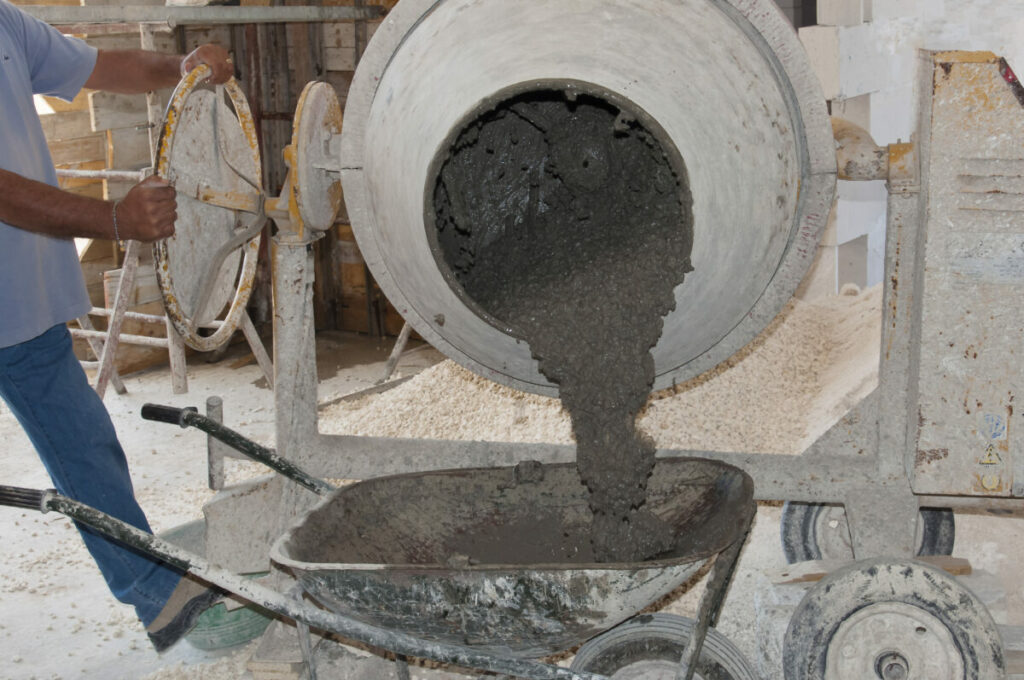The transition to clean energy is “unstoppable” but the demand for fossil fuels still remains high, states a new report by the International Energy Agency (IEA).
Looking at the rise of green energy and current policies, IEA analysts describe a system where those sources play a bigger role in powering the system than fossil fuels.
The IEA predict that renewables could provide for 50% of the global electricity grid, up from 30% today. Heat pumps and other electric heating systems are predicted to outsell fossil fuel boilers globally.
Additionally, three times as much investment going into new offshore wind projects than into new coal- and gas-fired power plants.
The IEA added that the increase in clean energy technology could lead to a peak in the global demand for fossil fuels, potentially declining to 73% by 2030 from 80% currently. Global energy-related CO2 emissions could also peak by 2025.
Subscribe to Sustainability Beat for free
Sign up here to get the latest sustainability news sent straight to your inbox everyday
However, the IEA warn it’s not time to be complacent as the trends are only based on the “current policy settings of the government around the world.”
“If countries deliver on their national energy and climate pledges on time and in full, clean energy progress would move even faster.
“However, even stronger measures would still be needed to keep alive the goal of limiting global warming to 1.5 °C,” it added.
IEA executive director Fatih Birol said while the transition to clean energy is happening “worldwide” and is “unstoppable.”
“It’s not a question of ‘if’, it’s just a matter of ‘how soon’ – and the sooner the better for all of us.
Birol advised governments, companies and investors to get behind clean energy transitions rather than “hindering them.”
There are immense benefits on offer, including new industrial opportunities and jobs, greater energy security, cleaner air, universal energy access and a safer climate for everyone,” added Birol.
“Taking into account the ongoing strains and volatility in traditional energy markets today, claims that oil and gas represent safe or secure choices for the world’s energy and climate future look weaker than ever.”
MullenLowe UK executive partner Andy Last commenting that the forecast is “significant” and reflects rends in renewable energy investments.
“This and other rapid shifts over the rest of the 2020s present a clear and present danger to the fossil fuel industry if it doesn’t keep pace,” Last added.
“Indeed, as the IEA points out, even this rate of change isn’t enough to keep predicted global warming within 1.5% C.
“So it’s in all our interests to encourage faster change by the fossil fuel industry through how we vote, how we invest in our pensions, and the purchase choices we make,” Last concluded.
Is the UK on the right path?
Speaking with the Guardian, Birol said that countries U-turning on policies could harm their economies and the environment.
“Countries who are slowing down in terms of pushing clean energy may well have a disadvantage in terms of their competitiveness for the next chapter of industry,” he said.
“You can’t give investors one strategic direction today and change it tomorrow, these are up-front investments,” Birol added.
“Capital you put on the table is huge and this could lead to hesitation for investors.”
However, a spokesperson for the Department for Energy Security and Net Zero said: “The UK is a global leader in clean energy having attracted £200bn in low carbon investment since 2010, with a further £100 billion expected by 2030 – powering up Britain and supporting up to 480,000 jobs.
“We also continue to back domestic oil and gas, which supports over 200,000 skilled jobs, develops supply chains and helps build the engineering expertise needed to support our energy security and end reliance on foreign regimes.
“We have cut emissions faster than any other G7 country and oil and gas will play important role in the transition to net zero supporting the development of low carbon technologies, such as carbon capture, while adding billions to the UK economy.”















